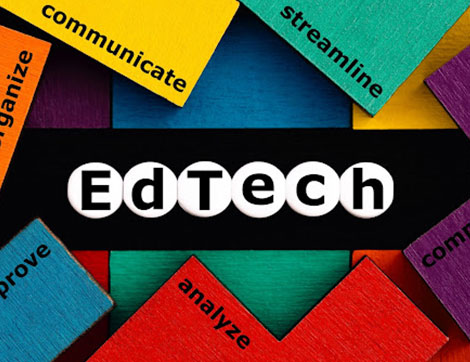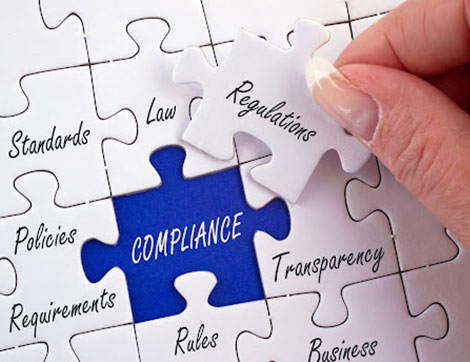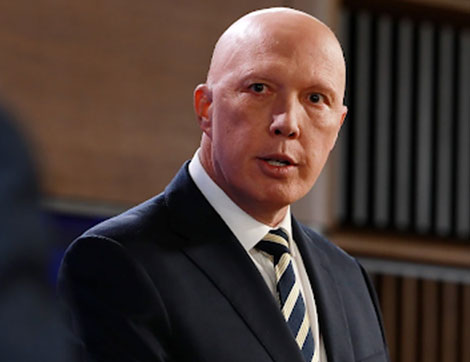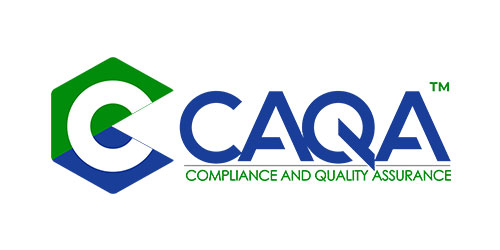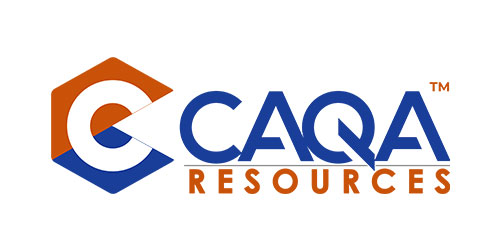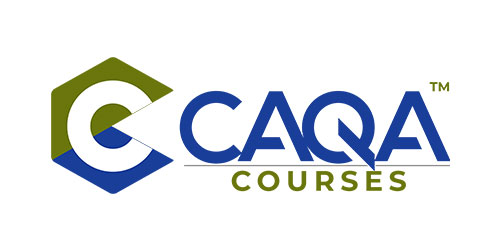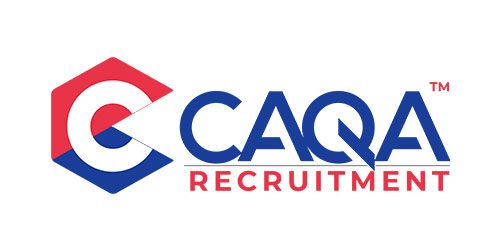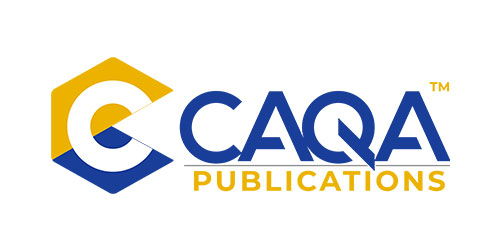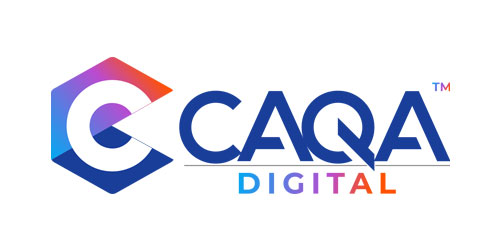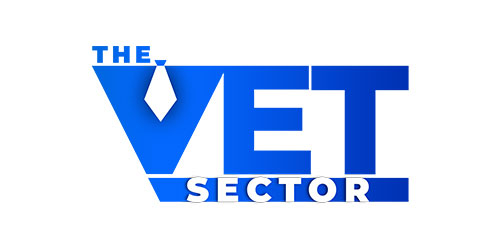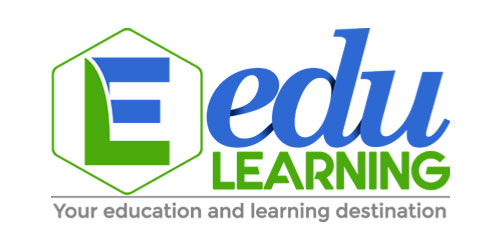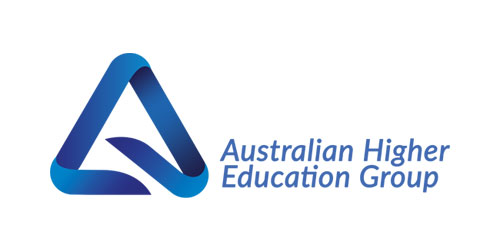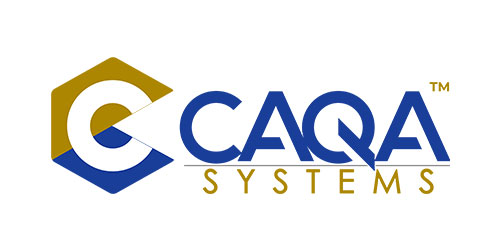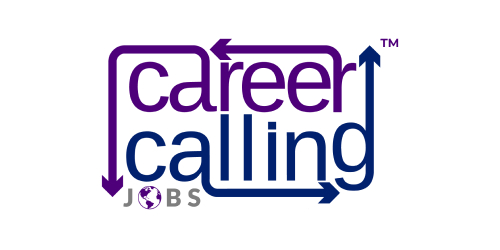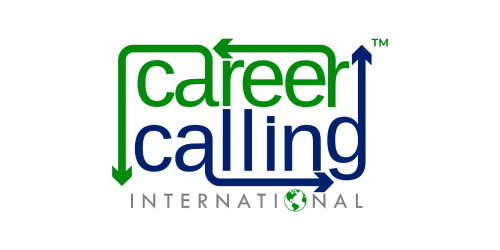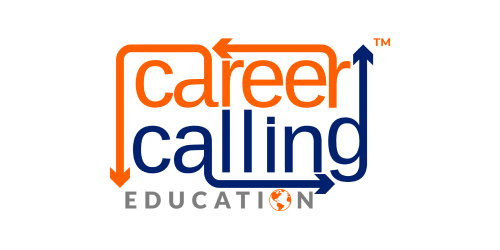
News
The VET industry is changing rapidly, therefore, trainers and assessors need to continuously update their skills, knowledge and competencies to work effectively in the training and education industry.
Industry currency refers to trainers and assessors who keep current knowledge, skills, and experience of current workplace industrial practises in the industry sector in which they teach. This is crucial to ensuring that all training is current with industry standards and that students get the most up-to-date technical skills and information applicable to their area. It is a dynamic method of ensuring that the quality of training courses offered to students continues to improve.
The quality of the training and assessment is dependent on the skills and knowledge of the trainers and assessors. The Standards specify that trainers and assessors must be skilled VET practitioners with current industry skills and knowledge. This will ensure that students receive the training required and are properly assessed before being issued with a qualification or statement of attainment.
Let’s start with the vocational competency requirements for trainers and assessors.
The definition of vocational competency
Vocational competency in a particular industry consists of broad industry knowledge and experience, usually combined with a relevant industry qualification. A person who has vocational competency will be familiar with the content of the vocation and will have relevant current experience in the industry. Vocational competencies must be considered on an industry-by-industry basis and with reference to the guidance provided in the assessment guidelines of the relevant training package. (Reference: NCVER)
A clear and verified relationship between the trainer’s and assessor’s formal and informal training and experience and the qualifications/units they deliver and assess must be established. Training Packages include specific industry advice related to the vocational competencies of assessors. This may include advice on relevant industry qualifications and experience required for assessing against the Training Package. The Training Package will also provide specific industry advice outlining what it sees as acceptable forms of evidence to demonstrate the maintenance of currency of vocational competency.
ASQA Guidelines on “vocational competence”:
To provide training that reflects current industry practice and valid assessment, your RTO’s trainers and assessors must maintain the currency of their skills and knowledge in both:
- their industry area and,
- vocational education and training.
It is also acceptable for an appropriately qualified trainer and assessor to work with an industry expert to conduct assessments together.
The three C’s of Vocational competency related to demonstrating skills and knowledge in an “industry area”
Vocational competence and currency = Broad industry knowledge + experience + relevant industry qualification in terms of:
- Content: How have you determined that you know how to do the job of the qualifications you deliver and assess?
- Context: Does this information clearly show the relationship between what you are delivering and what you have experience in?
- Currency: How up-to-date are you with current work practices in your industry and how do you find out if something is changing or has changed?
Skills and knowledge in an “industry area”
In many situations, trainers and assessors will hold the qualification and/or units of competency that they deliver or assess. Where this is not the case, equivalence needs to be established.
- Formal vocational education and training qualification/units of competency you deliver and assess
- Participate in documented mapping activities to demonstrate you have at least the required level of knowledge and skills.
The definition of industry currency
Industry currency and professional knowledge refer to the competence of an individual to perform their job role. The knowledge required in an occupation does not remain static, so employees need to continuously update their skills. As vocational education and training (VET) practitioners train the individuals entering these occupations, it is important for them to ensure that their industry knowledge and skills are current.
A clear and verified relationship between the trainer’s and assessor’s current industry skills and knowledge and the qualifications/units they deliver and assess must be established. This is to ensure the trainer and assessor has “current” knowledge and skills in terms of emerging technological innovations, regulatory and legislative changes and shifts in client demands. The industry usually does not use the term “industry currency”. For them it is either “professional competence” to encompass the concepts of currency, updating and upskilling or “industry relevance”, defining it as a solid grounding in the industry gained from being trained and employed in the industry.
ASQA Guidelines on industry currency:
To provide training that reflects current industry practice and valid assessment, your RTO’s trainers and assessors must maintain the currency of their skills and knowledge in both:
- their industry area and,
- vocational education and training.
It is also acceptable for an appropriately qualified trainer and assessor to work with an industry expert to conduct assessments together.
How to stay up-to-date in terms of “industry currency”
In many situations, trainers and assessors may be working in the industry sector and this can be used as evidence for industry currency. Where this is not the case, currency needs to be established through different mediums such as:
- Attending trade events, workshops, conferences, technical seminars and other industrial events
- Reading industry magazines and journals (subscription and notes taken)
- Undertaking online research (and have documented logs of these activities)
- Engaging in industry networks
- Participating in LinkedIn groups
- Product manufacturer/vendor training
Factors that influence industry currency
- Technology innovation
- Changing legislation and regulatory requirements
- Changes to industry practice
- New and emerging skills and specialisations as work practices change
- Technical skills being outdated through periods of non-use
What is “industry current or currency period”
Each RTO has to consider the relevant factors, ideally in consultation with industry, to determine an appropriate currency period. A lot will depend on how static the industry is or how fast it is developing and changing. In general, anything that is 2 years old, or more will not be considered current.
The definition of vocational education and training currency
VET currency refers to the competence of an individual to work in the vocational education and training sector.
Current VET trainers/assessors must:
Develop knowledge and practice of vocational training and assessment, including competency-based training and assessment competencies through continual professional development.
Undertake professional development that contributes to the demonstration of vocational training and learning requirements
How to stay up-to-date in terms of VET currency
- Subscribing to VET and RTO newsletters and magazines. Make sure you keep a PD log of what you read, where you read it, what you learned and how you implemented the learning.
- Participation in VET forums and discussions such as LinkedIn.
- Participation in VET seminars, conferences and workshops (particularly the ones delivered by the regulatory bodies)
- Enrolling in PD courses and workshops for RTO staff
- Participation in resource writing and validation
Licensing requirements for trainers and assessors
If licensing requirements vary from the training package requirements, RTOs must ensure that all aspects of the training package are met. License requirements should be considered in addition to the requirements for the training package. For example, a white card is a mandatory work card required in Australia to be able to train and assess students working on a construction site.
Maintenance of industry and VET currency are critical components of one’s professional identity because it enables trainers and assessors to modify training as needed to provide more relevant learning and assessment activities for students and to use real-world examples that are tailored to the needs and requirements of a particular industry. This not only increases the quality of training for students but also contributes to the development of industry ties and confidence in VET courses.
 1800 961 980
1800 961 980 info@careercalling.com.au
info@careercalling.com.au



